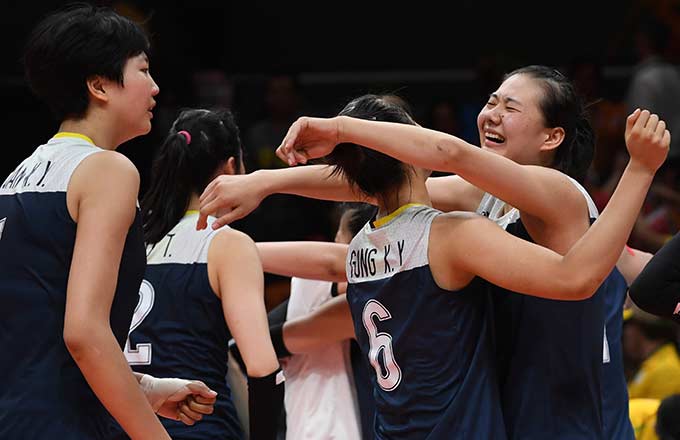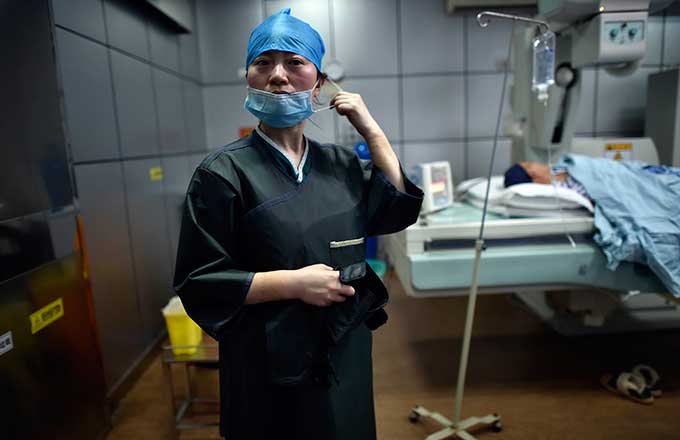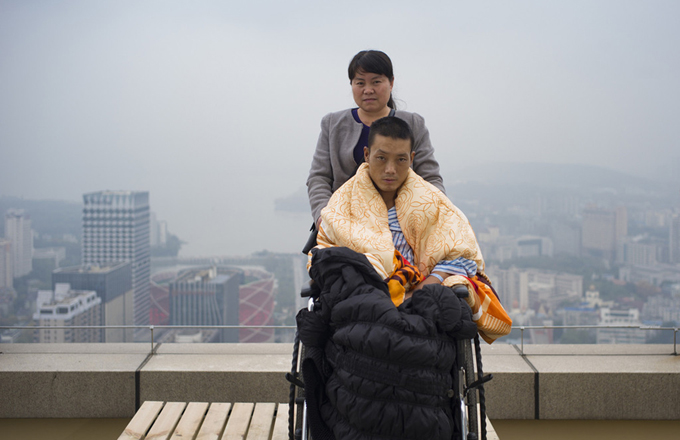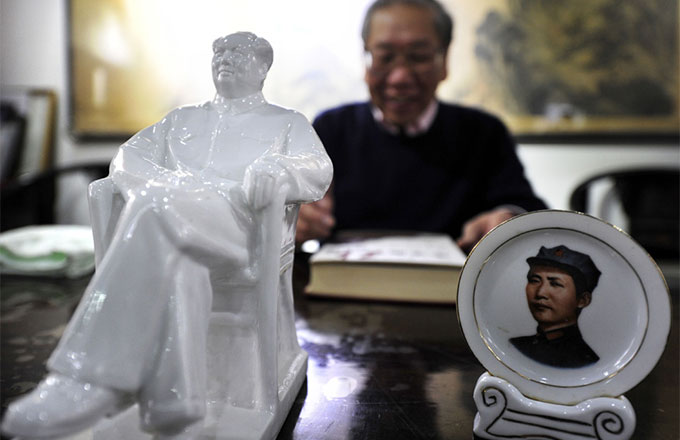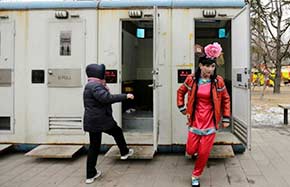Women try to hold up half the political sky
Of the 25 Politburo members, only two are women; Liu Yandong, 67, a State Councilor since 2008, and Sun Chunlan, 62, recently named Party Secretary of Tianjin Municipality.
Sun is also the only second female provincial-level Party secretary since 1949, while Li Bin, governor of Anhui province, is the only fourth woman to be appointed a provincial governor.
"If you compare the women's liberation movement in China with the progress in other countries historically, the pace of progress is not slow" said Zhen Xiaoying, former vice-president of the Central Institute of Socialism.
"You may find it surprising, but women in Switzerland didn't have the right to vote until 1971."
|
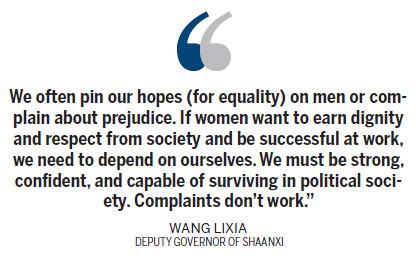 |
However, she admitted that most female officials only ever rise to the positions of deputies and very few are appointed to top leadership roles.
Better educational opportunities and greater equality socially and in the workplace have empowered an increasing number of women and allowed them to excel in many fields, including the world of commerce.
"But gaining entry to the political elite is more complicated," Zhen added.
Scrapping the stereotype
In the 1990s, during her time as a professor at the Central Party School, Zhen, an expert on Party building, interviewed more than 100 female officials to study their career paths.
Many respondents said they found it difficult to network with other officials, because social taboos prevented them from drinking with their male counterparts, meaning they lagged behind on the political ladder as a result.
"But the issue will become less important as democracy keeps growing and the electoral system improves," she said. "It is more about the ability to govern and winning trust from the people, rather than women flattering the bosses."
Rong said women also need to engage further in areas that are traditional male bastions, such as economics and military affairs.
At present, most of China's female leaders work in industries still generally regarded as being suitable for women, such as education and nursing.
"There has been a stereotype that women are narrow-minded and sensitive, that they don't understand politics and are not capable of being in charge," said Rong. "But we have a lot of female officials who are just as competent as their male peers. And they are often more thoughtful and benevolent.
"It is not as though women don't want to be involved in politics, or are less competent than men, they just need a fair crack of the whip," she said. "They can be leaders if given the chance."
Female politicians at the NPC have adopted a more realistic attitude. "We often pin our hopes (for equality) on men or complain about prejudice. If women want to earn dignity and respect from society and be successful at work, we need to depend on ourselves," said Wang, vice-governor of Shaanxi.
"We must be strong, confident and capable of surviving in political society. Complaints don't work."
Peng Yining and Wu Jiao contributed to this story.
Contact the writers at [email protected]






